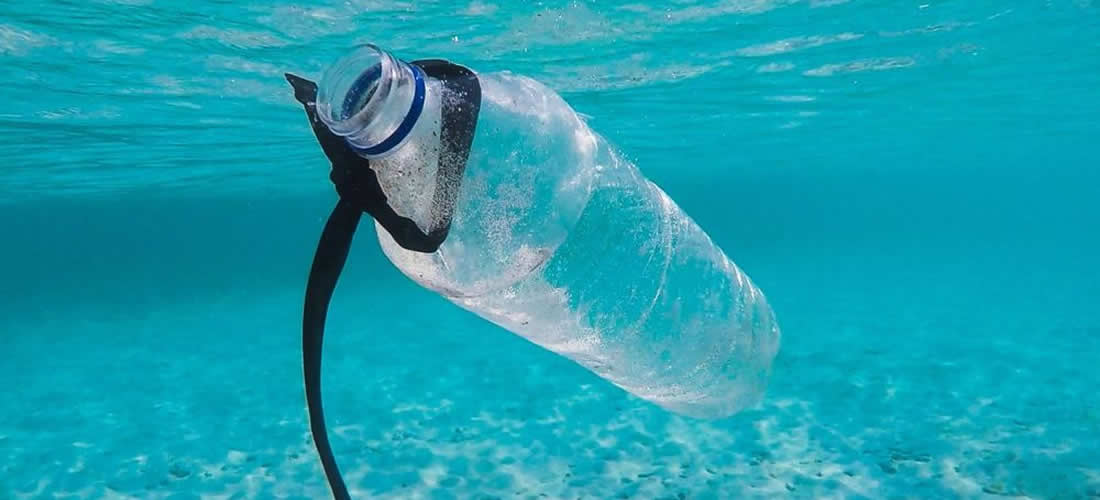Asda has partnered with the non-profit organisation City to Sea to implement free water-refill schemes in all Asda cafes.
The supermarket giant has committed to reducing the amount of plastic pollution reaching oceans by joining City to Sea’s ‘Refill Revolution’, providing customers with free water stations to refill bottles in all Asda cafes.
The implementation of this scheme has acknowledged the issues of single-use plastic bottles for marine life; 15 million plastic bottles are littered, landfilled or incinerated in the UK alone according to RECOUP. When reaching the oceans, rivers or beaches, plastic breaks down into micro-plastics, a toxic substance poisoning creatures and habitats. It is estimated that 100,000 marine mammals and turtles, as well as 1 million sea birds are killed by plastic pollution every year.
Asda’s Packaging Development Manager, Kirstie Youngson, expressed the customer concern of plastic pollution in the release: “we’ve seen an increase in demand for reusable water bottles as customers are now becoming more conscious about single-use plastic. We’re delighted to partner with City to Sea to make it easier for people to find places to refill their water bottles for free including our own Asda cafes.”
The Refill Revolution was initiated to prevent marine pollution at the source, Asda had trialled the refill stations in 37 stores last year and, with the success of the stations, has now spread the scheme to all 633 of its stores.
The cafe stations will add to the total 20,000 UK Refill stations which can be found on the app.
Asda have already pledged to their own Plastic Unwrapped Manifesto, promising to use less plastic and recycle more. The company have already removed all plastic straws from sale, as well as cotton buds. Asda cafes, are already selling reusable coffee cups, and offer 25p off drinks when used.
Asda are seeking to identify all unnecessary plastic used across the business and reduce those which aren’t fundamental to operations. The company has ensured that all own brand packaging will be 100% recyclable by 2025.
Read the full press release here.
Source: www.climateaction.org
 Cs
Cs